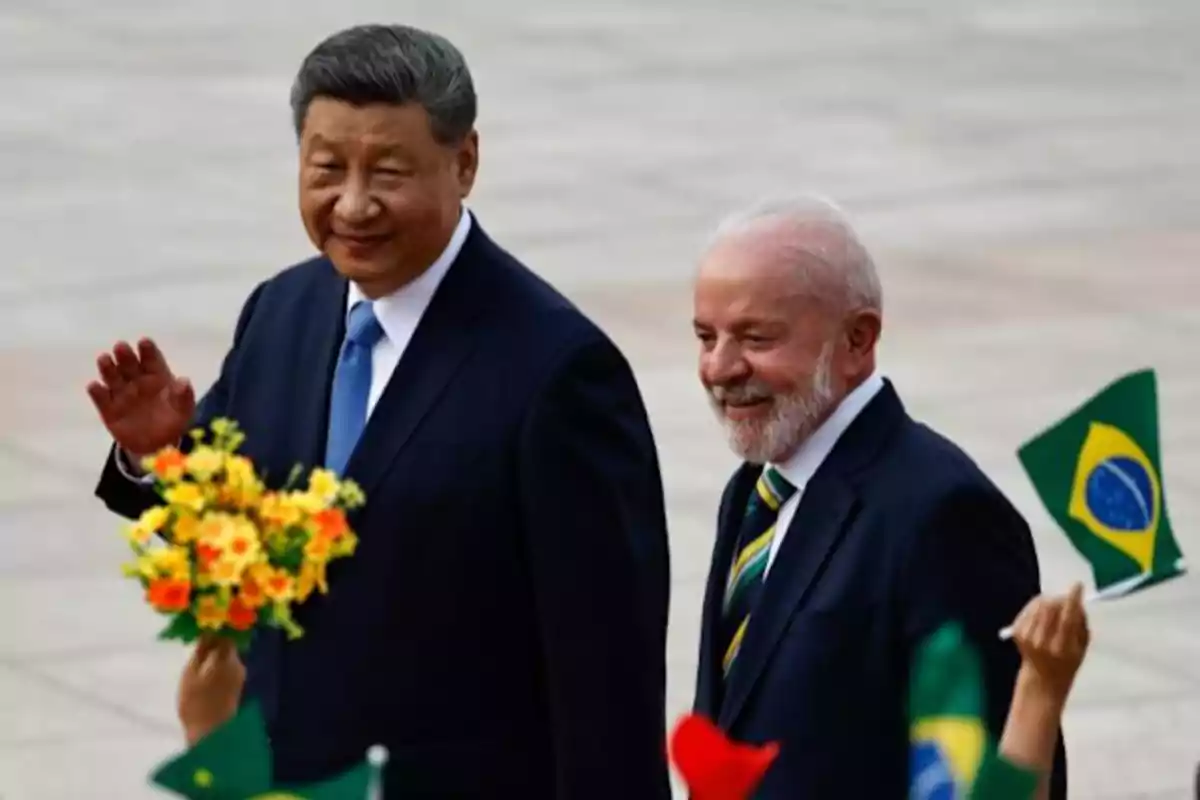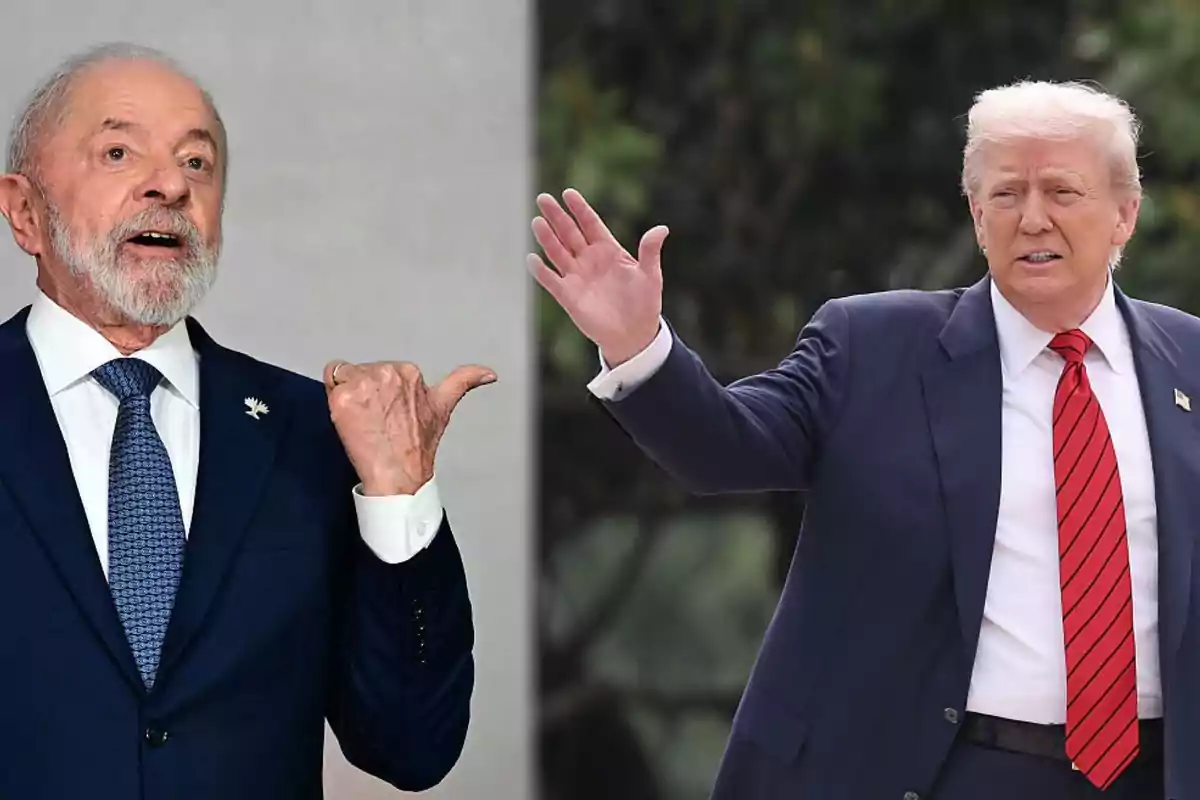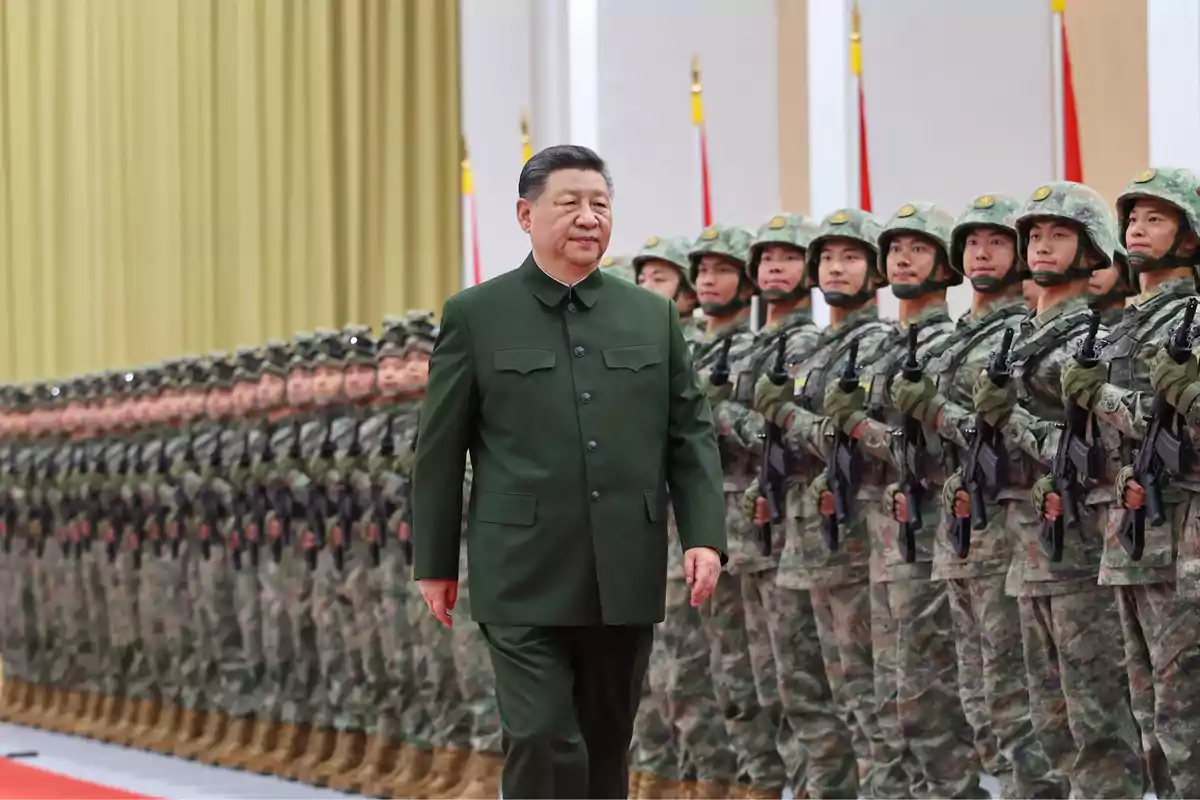
Lula's government wants to boycott military purchases from the United States.
In response to the tariffs imposed by President Donald Trump on the Brazilian communist government, the head of state wants to boycott military acquisitions
In recent weeks, an ideological current within the socialist government of Luiz Inácio Lula da Silva has promoted a risky and impractical stance: boycotting the purchase of military equipment from the United States, in a gesture similar to the veto imposed on products from Israel.
This proposal, driven by a fiery wing of the Planalto, reflects a tendency to mix ideology and domestic politics with strategic decisions that should be guided by technical and national defense criteria.
Although Lula and United States President Donald Trump have exchanged criticisms recently, military cooperation between Brazil and the United States has remained solid so far.

The Armed Forces of both countries continue to collaborate, with joint exercises already scheduled for the coming weeks in northeastern Brazil. This historic relationship is based on trust, mutual training, and above all, logistical, tactical, and technological interdependence.
Nevertheless, Lula appears to view this boycott idea favorably, according to sources close to the president. The current instruction from the Planalto is to prioritize military products from Europe, China, and Russia in future bids, which raises several red flags.
First, there is a risk of compromising the operational capacity of the Armed Forces, given that a large portion of the equipment used by Brazil is of United States origin. This includes everything from aircraft to missile systems and essential spare parts. An abrupt break in this cooperation would entail technical and logistical difficulties, as well as an increase in operational costs.

Second, it is contradictory for the government to advocate for diversification of partners while allowing itself to be guided by political affinities rather than by strategic interests.
Betting on suppliers such as Russia and China not only entails a complex logistical shift, but also exposes Brazil to dependence on nations with closed political systems, low transparency standards, and, in many cases, without the same history of cooperation offered by Washington.
Furthermore, decisions like this set a dangerous precedent: using foreign policy as an instrument of ideological revenge, compromising the stability of state policies.
Meanwhile, the Brazilian Armed Forces have already expressed reservations about this possibility, recognizing that a boycott similar to the one imposed against Israel would be unfeasible. Their relationship with the United States has enabled significant advances, such as the recent purchase of Javelin missiles for 74 million dollars, as well as Black Hawk helicopters, support equipment, and specialized training.

More posts: